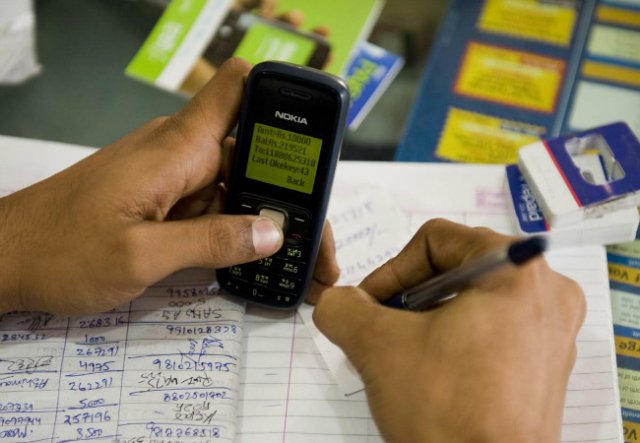Workers who receive their salaries through mobile money platforms may have to brace themselves.
This is because a portion of their money is expected to be affected by the recently passed E-Levy.
According to the Ghana Revenue Authority (GRA), the manner in which the controversial law was crafted makes it imperative that the tax is factored into the revenue mobilisation stream.
Following the passage of the Electronic Transfer Law, the GRA has indicated its readiness to implement it from May 1.
A Principal Revenue Officer and Head of the Project Management Unit at the Authority told JoyNews that if salaries are paid from their bank accounts onto mobile money platforms, the 1.50% fee will be deducted into the government coffers.
Isaac Kobina Amoako made this known on The Probe during a discussion to demystify the new tax.
Speaking on Sunday, the official explained that the current framework created by the law as it stands does not distinguish a corporate mobile money account and an individual mobile money account.
“For the banks, the disbursements from corporate accounts were not mentioned so it is clear that that one is exempt. But in the momo, there was no distinction between the corporate momo account and the individual momo account,” he told Emefa Apawu.
He revealed that this will also affect loan disbursement among other banking transactions.
These concerns, Mr Amoako says, will be forwarded to the Finance Ministry with the hopes of having them addressed.
He opined that the potential challenges that may accompany this situation have come to the GRA’s attention.

